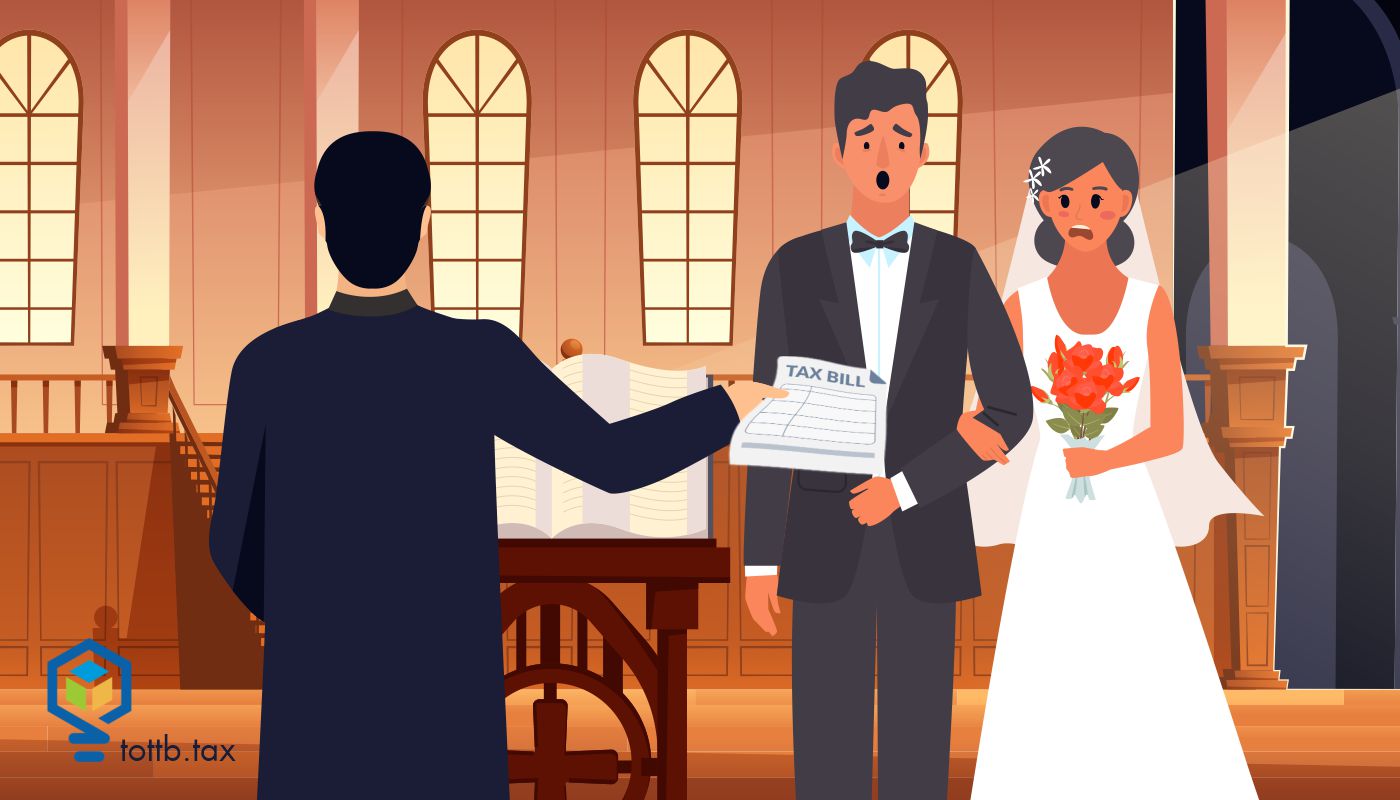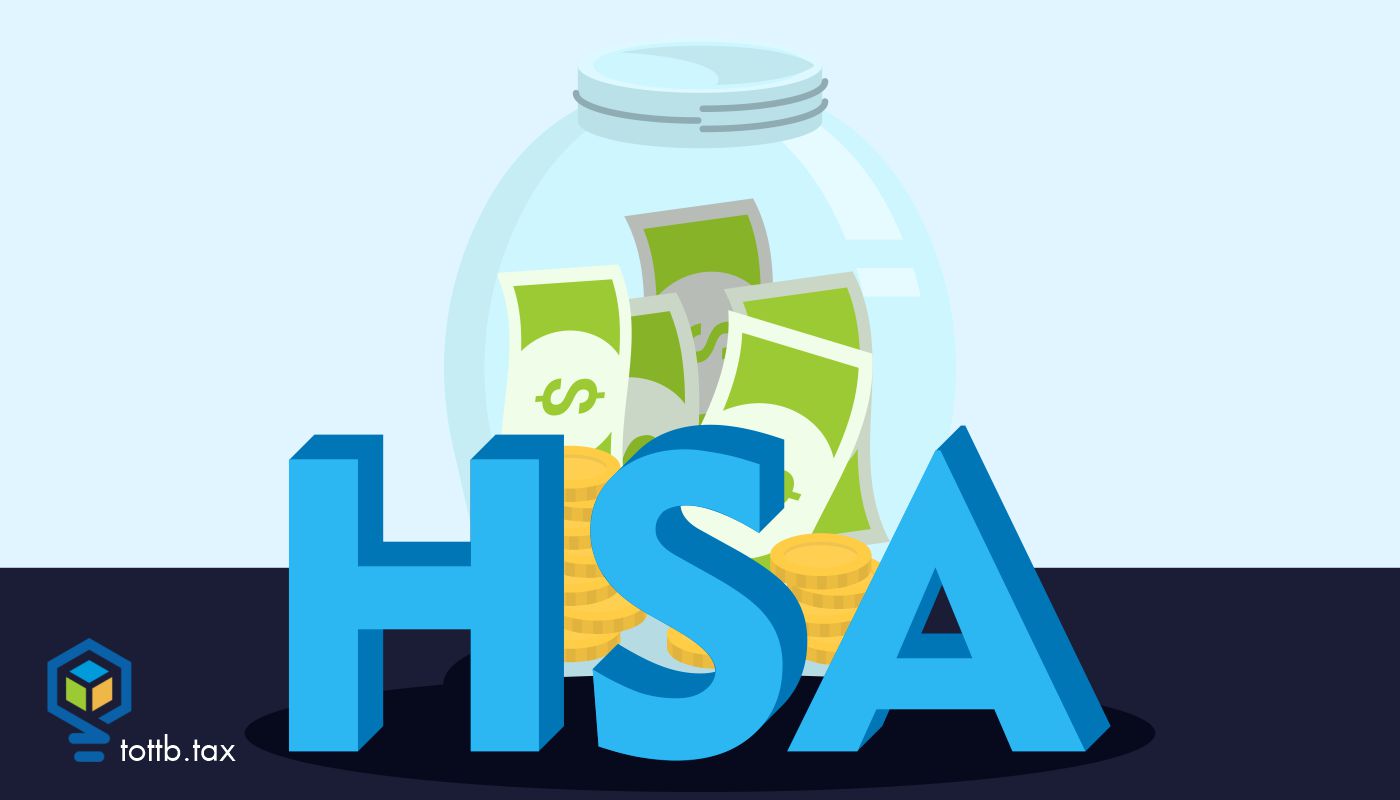This is How to Increase Your Employee Retention Credit
Are you seeking clarity on whether employee owners can claim the Employee Retention Credit (ERC) tax credit for yourself? Or perhaps you want to know whether qualifying for the Recovery Startup Business bonus is really that easy. You’re in luck! On August 4, 2021, the IRS released Notice 2021-49 to answer our questions related to the definition of wages, majority owner wages treatment, timing of the deduction disallowance, and recovery startup businesses.
The ERC has been a phenomenal tax credit getting much needed cash to qualifying businesses using qualifying wages paid between June 30, 2021, and January 1, 2022. It hasn’t been uncommon to see small businesses recovering $50,000 to $200,000 in cash refunds just by claiming the credits for wages paid during 2020.
The recovery startup business element of the CARES Act incentivizes new businesses to hire employees by offering up to a possible $100,000 in refundable credits using wages paid in the third and fourth quarters of 2021. This means if you hire seven employees (who are unrelated to you) in your new business, which began after February 15, 2020, and their average earnings are $10,000 for the quarter or more, you can receive up to $100,000 in credits.
Naturally, we’ve received a lot of questions related to this lucrative credit and so has the Treasury Department. If you’re wondering how the IRS weighs in on how to maximize these tax credits, keep reading because we have six clear ways to qualify for even more money!
Read More













